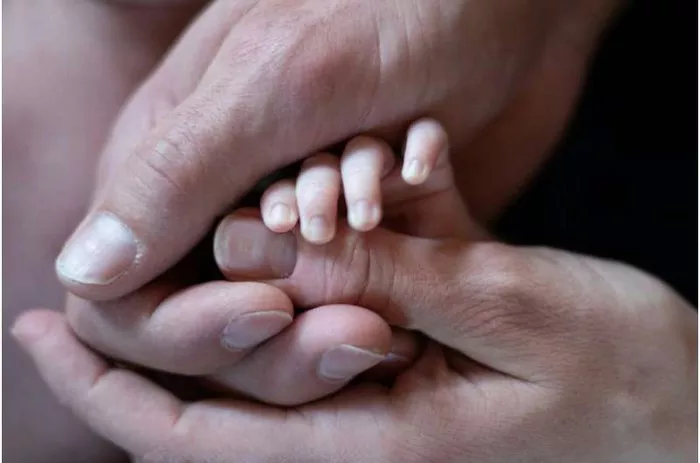A recent study reveals that First Nations infants in Manitoba have an alarmingly high rate of involvement with Child and Family Services (CFS) compared to other infants in the province. The research, conducted by the Assembly of Manitoba Chiefs (AMC) First Nations Family Advocate Office (FNFAO) and University of Manitoba, was published in the journal Child Abuse & Neglect.
The study used anonymous government health and social service data from the Population Research Data Repository at UM’s Manitoba Centre for Health Policy. Researchers examined data from 1998 to 2019, tracking over 47,000 First Nations infants and more than 169,000 non-First Nations infants from birth to age five.
Key findings include:
- About 36% of First Nations infants had an open CFS file, a rate more than four times higher than non-First Nations infants.
- About 9% of First Nations infants were placed in CFS custody, nearly seven times higher than non-First Nations infants.
- Removal of newborns from their parents at birth was six times more common for First Nations newborns than non-First Nations newborns.
- Approximately 5% of First Nations infants had parental rights legally terminated before age five, nearly eight times higher than non-First Nations infants.
- The rate of CFS contact increased by 22% among First Nations infants over the study period, compared to a 2% rise among non-First Nations infants.
Dr. Kathleen Kenny, the study’s lead researcher and a postdoctoral fellow in community health sciences at the Max Rady College of Medicine, highlighted the extreme disparity. “Our study quantifies the staggering rate of CFS involvement among First Nations infants and shows how it has increased,” she said. “Our results support calls to develop First Nations-led services to address this extreme inequity.”
The study was developed in consultation with First Nations government representatives, organizations serving First Nations families, clinical and policy experts, and affected parents and grandparents.
Grand Chief Cathy Merrick of the AMC expressed deep concern over the findings. “The first year of life is critical for building bonds between parents and children. This study highlights the urgent need for culturally sensitive solutions that prioritize the well-being and preservation of First Nations families,” she said. “We must address the root causes of this trend to ensure First Nations children thrive in safe and loving environments.”
Chief Betsy Kennedy of War Lake First Nation, who chairs the AMC Women’s Council, emphasized the profound impact of infant apprehension. “This disrupts developmental stages and severs ties to ancestral lands, cultural heritage, First Nations language, and collective nationhood,” she said. “Forced removal is a dire crisis recognized as a critical human rights issue by First Nations leaders.”
The researchers made several recommendations:
- End the practice of infant apprehension.
- Fund First Nations-led models that support the preservation of family and cultural bonds, such as family reunification homes.
- Empower First Nations-led customary care systems to keep children connected to their Nation and culture.
- Establish community-based support spaces outside of CFS for families in crisis as a first-line strategy to strengthen and keep families intact.
The study calls for immediate action to address these disparities and support First Nations families in Manitoba.


